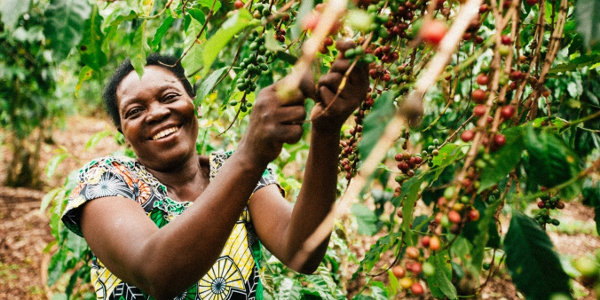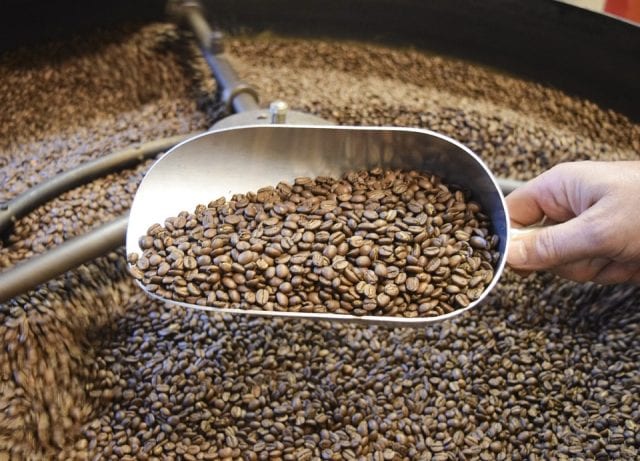Every coffee origin is unique, but there’s something particularly special about Rwandan coffee.
Rwanda is located in East Africa, known for its rolling hills, lush green landscapes, and a thriving coffee industry. Rwandan coffee is highly regarded around the world for its unique flavour profile, which is characterised by notes of sweet, juicy, and bright acidity.
In this post, we explore the origins of coffee brewing in Rwanda, the country’s coffee traditions, and the unique flavour profile of Rwandan coffee.
The Origins of coffee brewing in Rwanda
The history of coffee in Rwanda dates back to the early 1900s, when the first coffee trees were brought to the country by German missionaries. These missionaries introduced coffee as a cash crop to the Rwandan people, who were primarily farmers. The coffee industry started to thrive, and by the 1930s, Rwanda was exporting large quantities of coffee to Europe and other parts of the world.
During the 1994 genocide, the coffee industry in Rwanda suffered a significant setback. Many coffee farmers were killed or displaced, and the country’s infrastructure was destroyed. However, the coffee industry has made a remarkable recovery since then, and today, Rwanda is recognised as one of the premier coffee-producing countries in the world.

Rwandan coffee traditions
Coffee is an integral part of Rwandan culture, and coffee drinking is often associated with hospitality and socializing. It is customary for Rwandans to offer coffee to guests as a sign of welcome and hospitality. Rwandan coffee is typically served in a small cup, and it is usually sweetened with sugar or honey.
Rwandan coffee is also used in traditional ceremonies and rituals. For example, during weddings, the bride and groom exchange cups of coffee as a symbol of their union. In some parts of the country, coffee is also used as a healing remedy for various ailments.
The unique flavour profile of Rwandan coffee
Rwandan coffee is known for its unique flavor profile, which is characterized by bright acidity, sweetness, and a full-bodied mouthfeel. The coffee beans grown in Rwanda are primarily of the Bourbon variety, which is known for its sweet and fruity flavor profile.
One of the reasons for the unique flavor profile of Rwandan coffee is the country’s high altitude. Coffee plants grown at high altitudes mature more slowly, resulting in denser beans that have a more complex flavor profile. Additionally, Rwandan coffee is typically processed using the washed method, which involves removing the outer skin of the coffee cherry before fermenting and washing the beans. This process helps to enhance the natural sweetness and acidity of the coffee.
Rwandan coffee also benefits from the country’s ideal growing conditions. The country has a tropical climate, with ample rainfall and plenty of sunshine, providing the ideal conditions for coffee plants to thrive. Additionally, many of the coffee farms in Rwanda are small, family-owned operations that are committed to sustainable and environmentally-friendly practices. These farms often use organic farming methods, which help to enhance the quality of the coffee beans.

Rwandan coffee is a unique and flavorful coffee that is highly regarded by coffee enthusiasts around the world. The country’s coffee industry has a rich history, and coffee is an integral part of Rwandan culture. Rwandan coffee is known for its bright acidity, sweetness, and full-bodied mouthfeel, and it benefits from the country’s ideal growing conditions and sustainable farming practices. Whether you’re a coffee aficionado or simply enjoy a good cup of coffee, Rwandan coffee is definitely worth trying.
Explore and review all the wonderful Rwandan coffee right here on Coffee.Guru.




